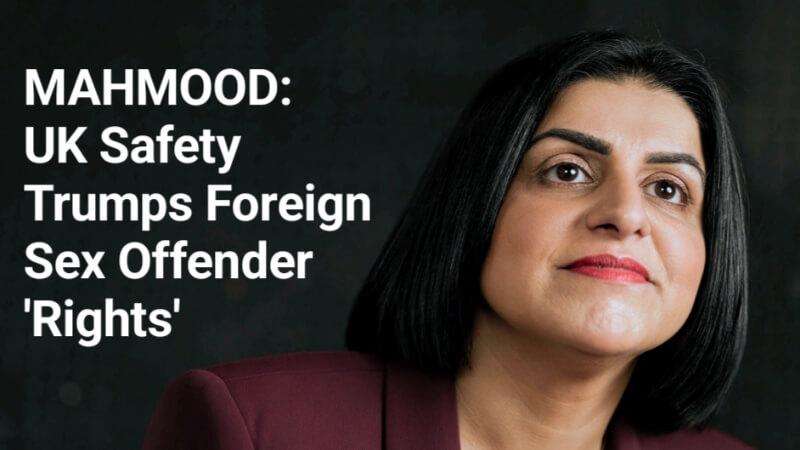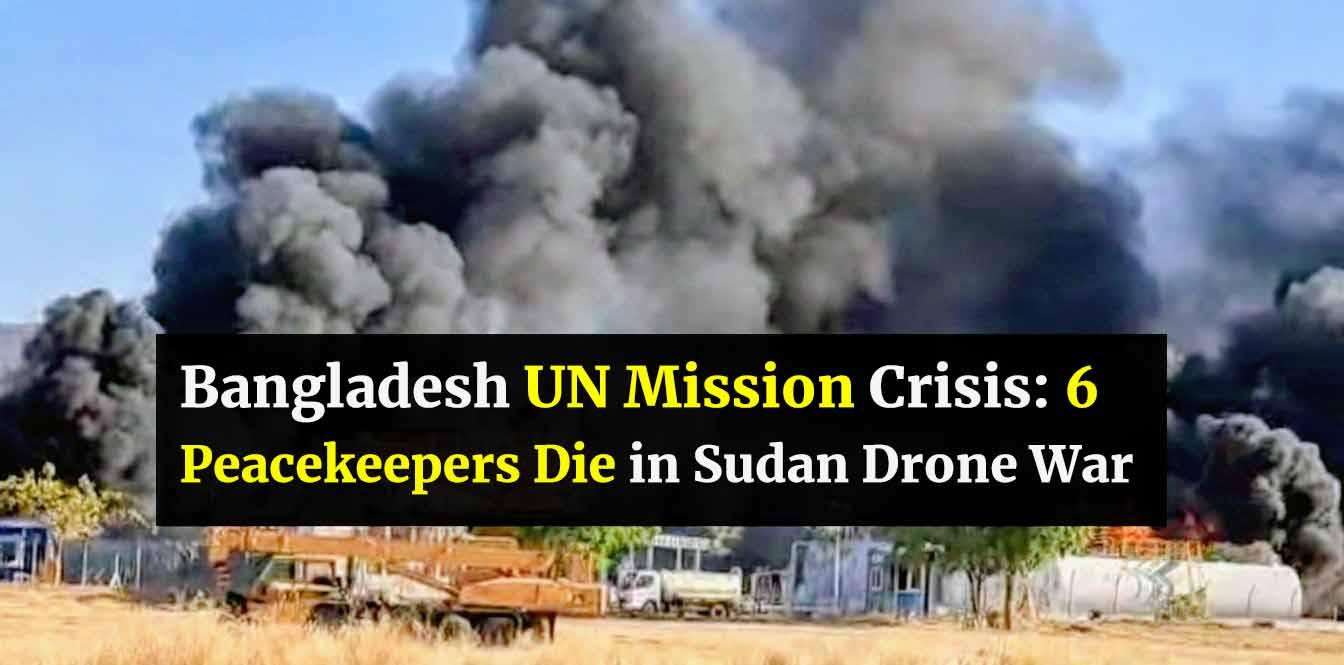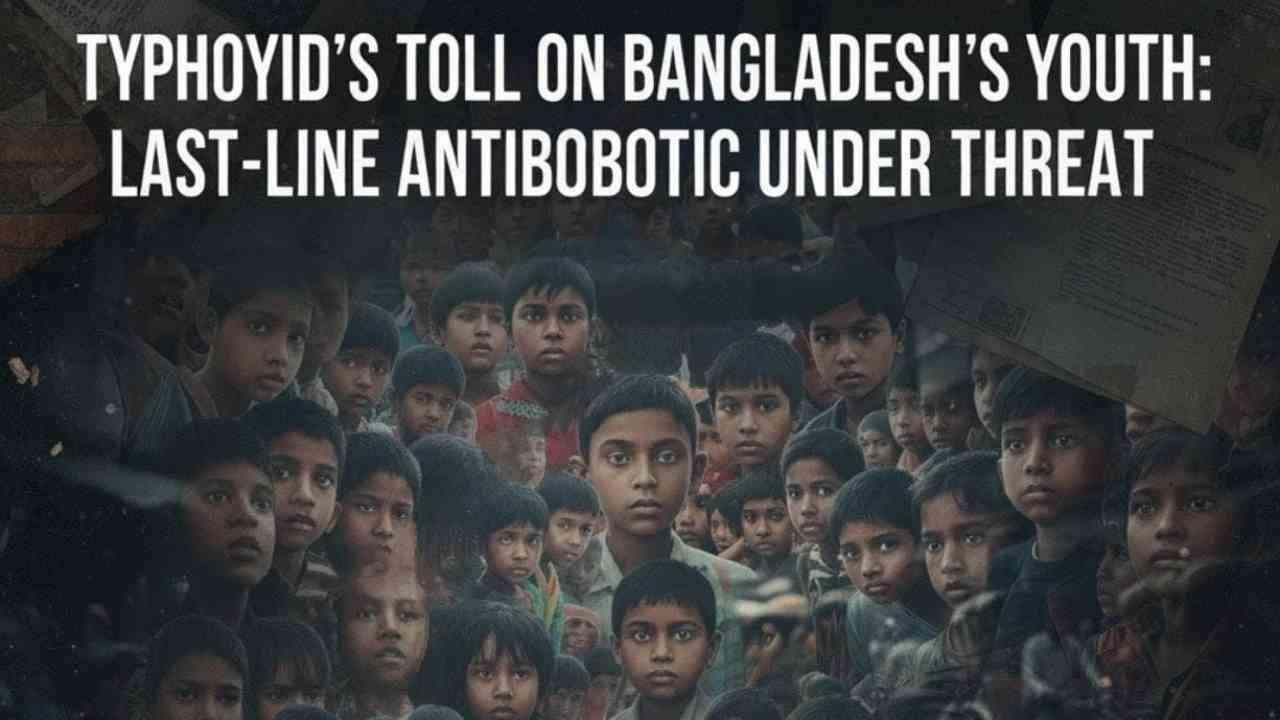Bangladesh has embarked on a colossal public health mission, rolling out a nationwide vaccination campaign to protect approximately 50 million children from typhoid fever. The drive, launched on Sunday, October 12, aims to administer a single dose of the life-saving Typhoid Conjugate Vaccine (TCV) to children aged nine months to 15 years, a demographic bearing the overwhelming brunt of the disease.
The campaign comes at a critical juncture, not just to tackle the high disease burden, but to confront the alarming emergence of drug-resistant typhoid strains that threaten to render frontline treatments useless.
Typhoid’s Grip: Contamination and Case Counts
Typhoid fever, caused by the Salmonella Typhi bacterium, is highly endemic across Bangladesh, driven primarily by persistent failures in water, sanitation, and hygiene (WASH). The disease spreads through food and water contaminated by the feces of an infected person. Studies show Bangladesh has one of the world's highest typhoid incidence rates, estimated at around 290 cases per 100,000 population in 2021, with more than 477,000 cases annually. Children under 15 years old are disproportionately affected, accounting for over half of all cases and deaths. High rates are concentrated in densely populated areas like urban slums, where the risk for very young children is acutely elevated.
The Crisis of Ceftriaxone Resistance
The most urgent threat is the rising tide of antibiotic resistance. While the resistance to older 'first-line' drugs has seen a marginal decline, the battle is now focused on newer, more potent antibiotics. Researchers in Bangladesh have recently identified an outbreak of ceftriaxone-resistant Salmonella Typhi. Ceftriaxone is one of the last remaining effective injectable treatments, and its resistance represents a dangerous step toward Extensively Drug-Resistant (XDR) typhoid, a strain that has plagued neighboring South Asian countries like Pakistan since 2016. Experts warn that without immediate preventive action, resistant strains could make the disease far more difficult and expensive to manage, increasing the risk of fatal complications.
The TCV Solution: A Proactive Defense
Supported by Gavi, the Vaccine Alliance, the TCV campaign is a major strategic intervention. The vaccine, which offers effective protection against typhoid for at least two to five years, is being administered free under the government’s Expanded Programme on Immunisation (EPI).
The month-long drive is being rolled out in two phases: the first focusing on school-based vaccination from October 13 to October 31 and the second running until November 13 at designated community centers, ensuring children out of school and those in hard-to-reach areas like urban slums and remote villages are also reached.
Health Advisor Nurjahan Begum, who inaugurated the drive, called it “shameful” that children still die from a preventable disease like typhoid in Bangladesh but expressed confidence that the TCV—which has a strong safety record in countries like Nepal and India—will be instrumental in defeating the disease, much like the country controlled diarrhoea and night blindness.
Ultimately, the TCV campaign serves as a critical shield, buying time for the government to implement the long-term solution: sustained investment in safe water, comprehensive sanitation infrastructure, and improved public hygiene practices across the country.








.svg)


